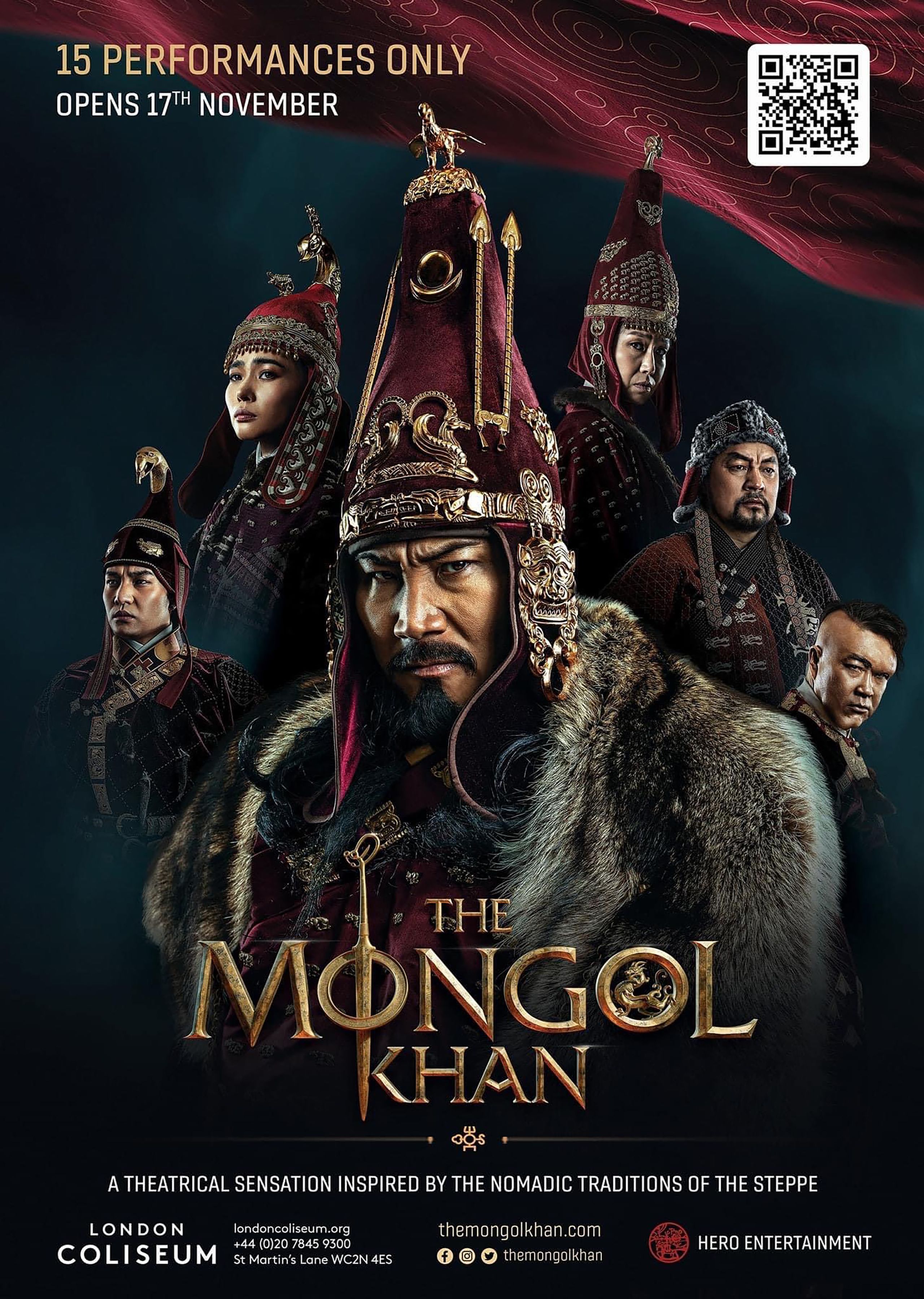MONGOLIA
& THE UK
On their 60th anniversary of diplomatic relations, Ambassador of Mongolia His Excellency Enkhsukh Battumur says his government attaches great importance to deepening its trade and economic relationship with the UK
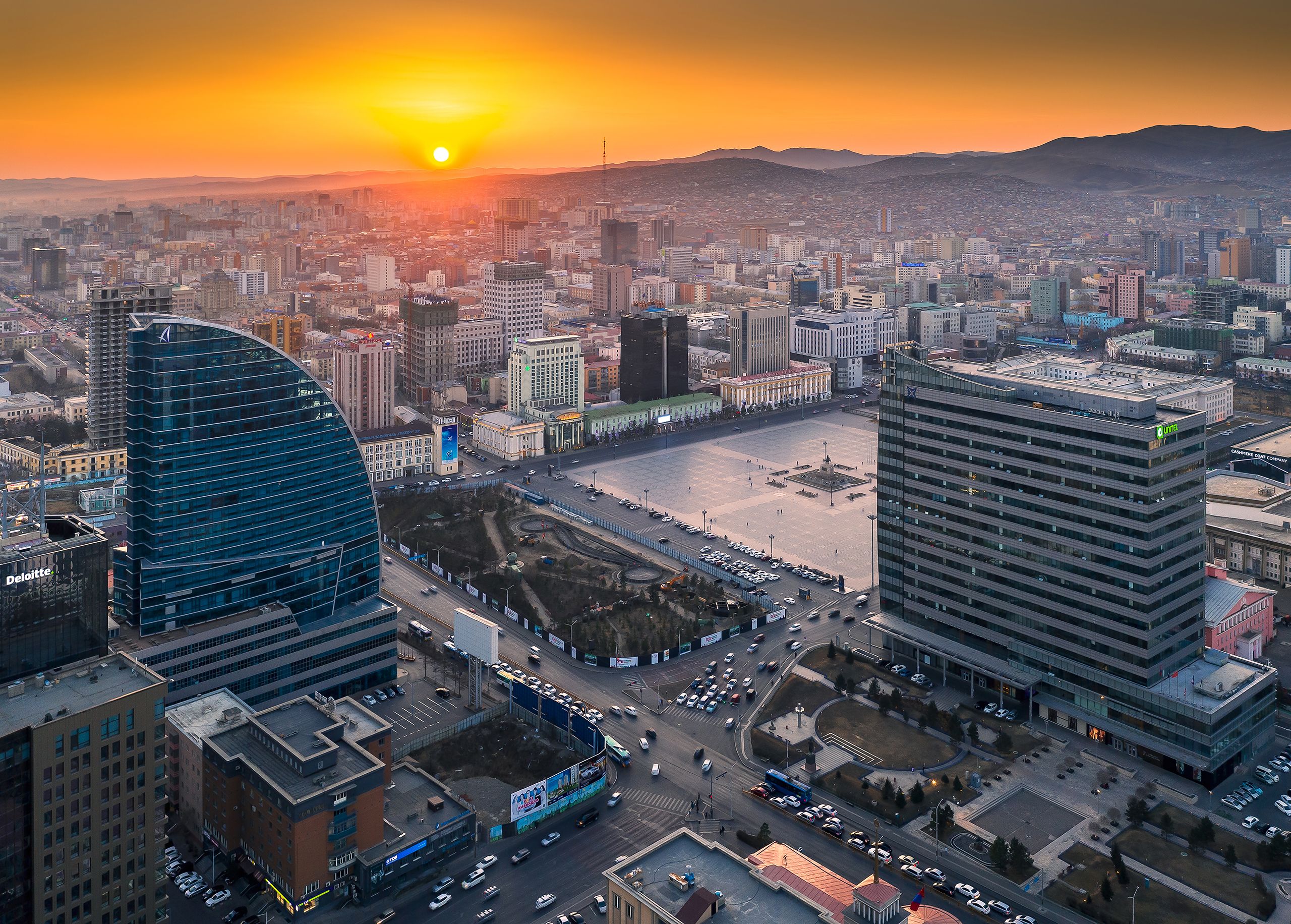
Diplomatic relations between Mongolia and the United Kingdom were established on 23 January 1963. Under the reign of the Queen Elizabeth II, the UK became the first Western country to establish diplomatic ties with Mongolia. This year marks the 60th anniversary of our diplomatic engagement.
Bonds between our two peoples, however, go back much further than just 60 years. Looking back to historical books like Geoffrey Chaucer’s The Canterbury Tales, Samuel Taylor Coleridge’s poem Kublai Khan, Henry Hoyle Howarth’s History of the Mongols, the Rev James Gilmor’s Among the Mongols, Beatrix Bulstrode’s A Tour in Mongolia, John F. Baddeley’s Russia, Mongolia, China and C.W. Campbell’s Travels in Mongolia from 1902, to name only a few, indicate how our ancestors were eager to learn about one another.
Major geopolitical events and geographical distance prevented further official cooperation, but British merchants, missionaries and travellers visited Mongolia in the following centuries and created contacts between our two peoples. As a permanent member of the United Nations’ Security Council, the UK extended its valuable support for Mongolia’s membership of the UN in 1961, and it paved the way to establish diplomatic relations between our two countries.
A landlocked country with only two immediate neighbours, Mongolia has always sought to expand our friendship beyond geographical boundaries, which is enshrined in our Foreign Policy Concept. The notion of Third Neighbour refers to countries and international bodies that Mongolia enjoys relationships of mutually beneficial cooperation based on our common values in democracy, human rights and the rule of law.
Throughout the history of our diplomatic relations, the UK has proven itself as one of our principled Third Neighbours and an important partner in Europe. The government of Mongolia is fully committed to and attaches prime importance to our relations with the UK in all areas in line with our interests and values.
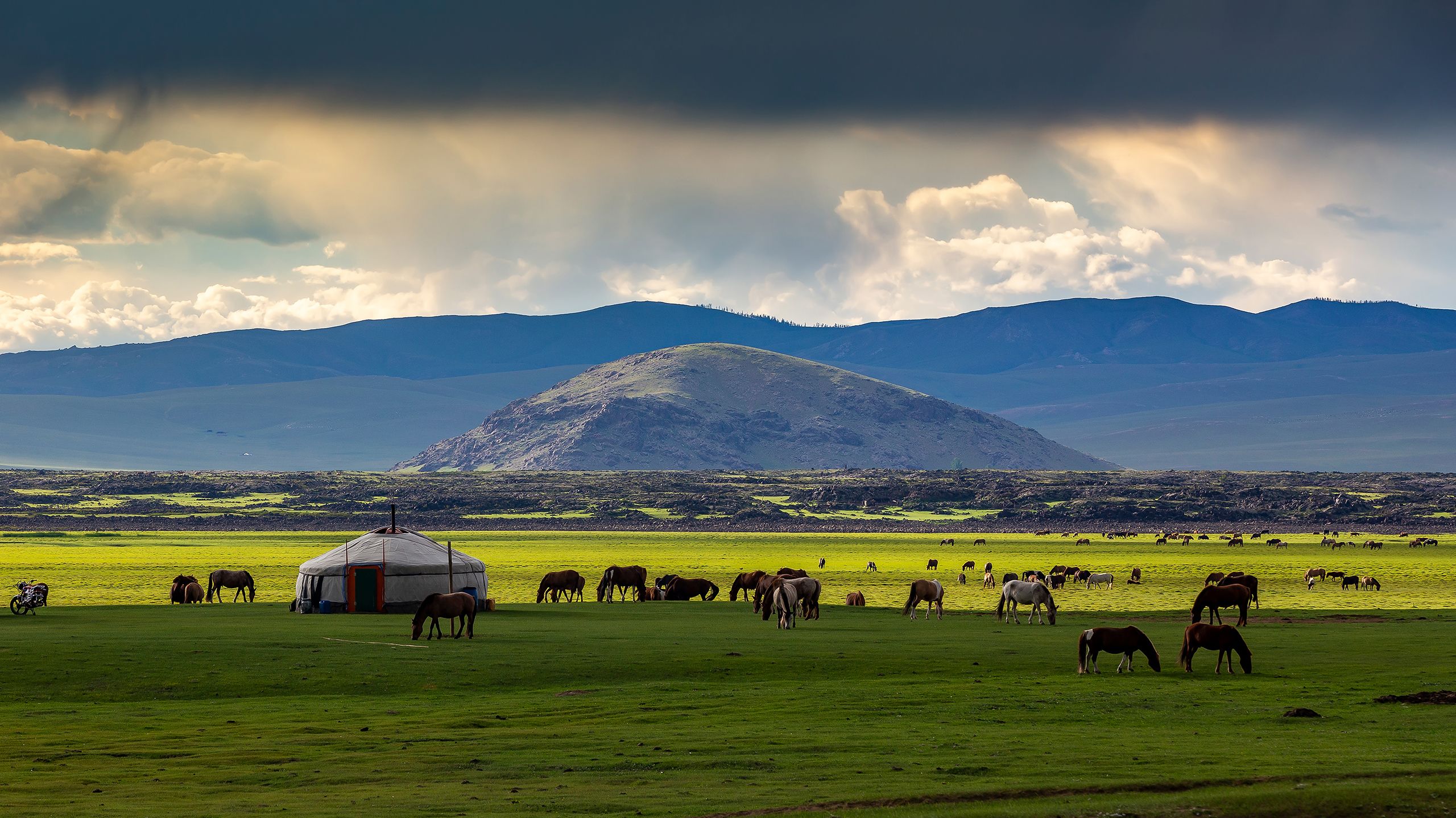
Over the past six decades, and especially since 1990, we have built a strong and enduring partnership. Our bilateral cooperation in the fields of mining, environment, education and culture continues to grow successfully. Since 1993, more than 200 students have studied in the UK through the Chevening scholarship programme.
Mongolia’s government attaches great importance to deepening its trade and economic relationship with the UK. It’s worth noting that the UK is the largest foreign direct investor in Mongolia, thanks to the Rio Tinto’s investment in Oyu Tolgoi – one of the world’s largest copper mines. To diversify our economy, we are interested in expanding our bilateral economic relations into non-mining sectors, including renewable energy, climate change, green technology and financial services among others.
Our vision is that by 2050 Mongolia shall become a leading Asian country in terms of its socio-economic development through reducing poverty, creating jobs, improving the quality of education and equality for women as well as creating a greener and digital economy.
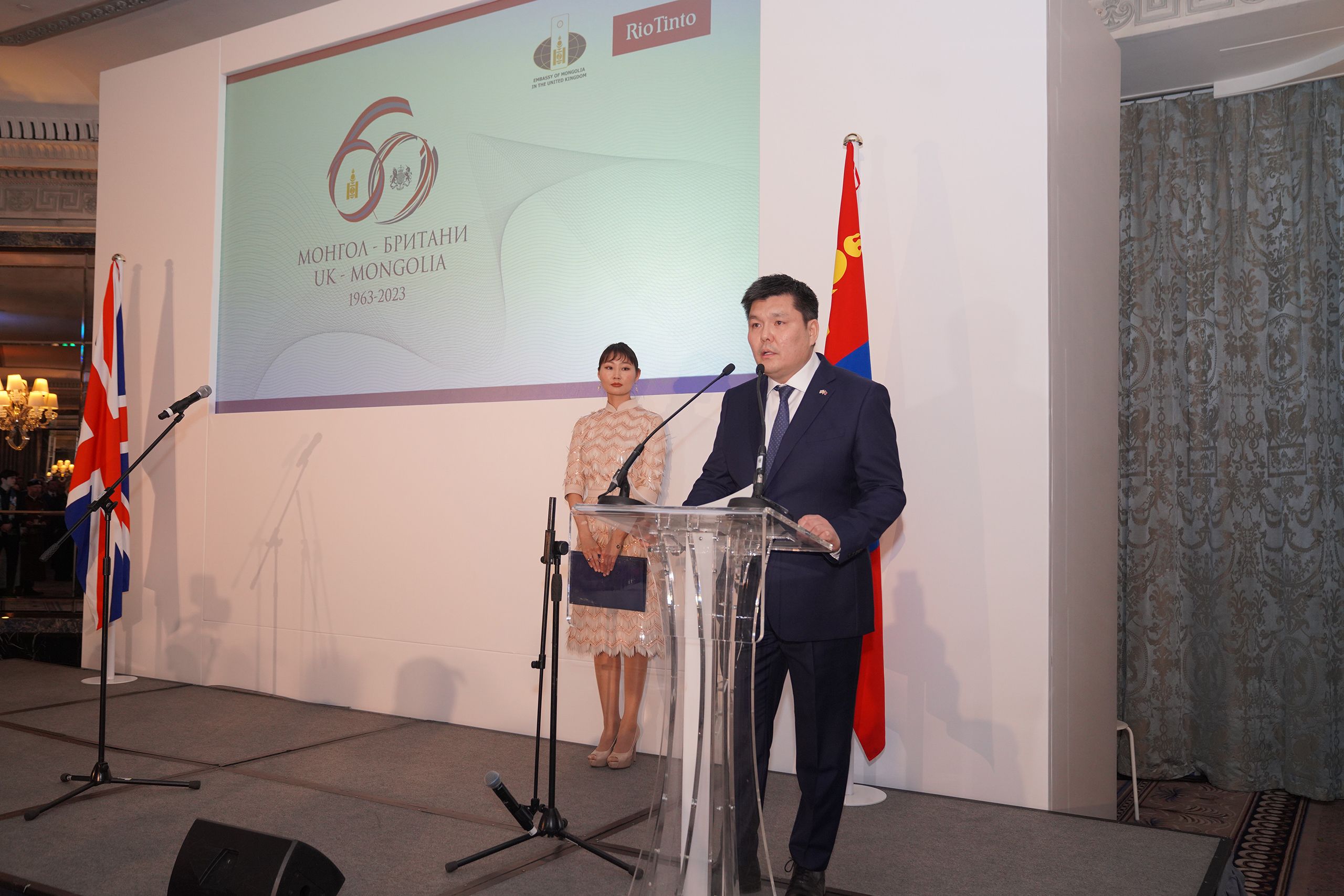
To realise this vision, the government of Mongolia has developed a strategy called the ‘New Revival Policy.’ This policy approach identified six areas of limitations that severely curtail our economic development, namely trade ports, industrialisation, energy, urban and rural development, green development and efficient governance. To address these hurdles, we have developed specific strategies:
First, our Port Revival strategy aims to increase the capacity of Mongolia’s dry ports, border ports and airports, as well as to improve the state’s transport infrastructure by expanding railway and highway networks.
Second, our Industrial Revival strategy aims to establish more value-added mining and agricultural facilities to develop science-based industries in digital innovation, artificial intelligence and blockchain.
Third, our Energy Revival strategy aims to reduce our energy dependency through developing renewable energy such as hydropower, wind and solar plants, while building thermal power stations, pipelines and heat transmission facilities in rural areas.
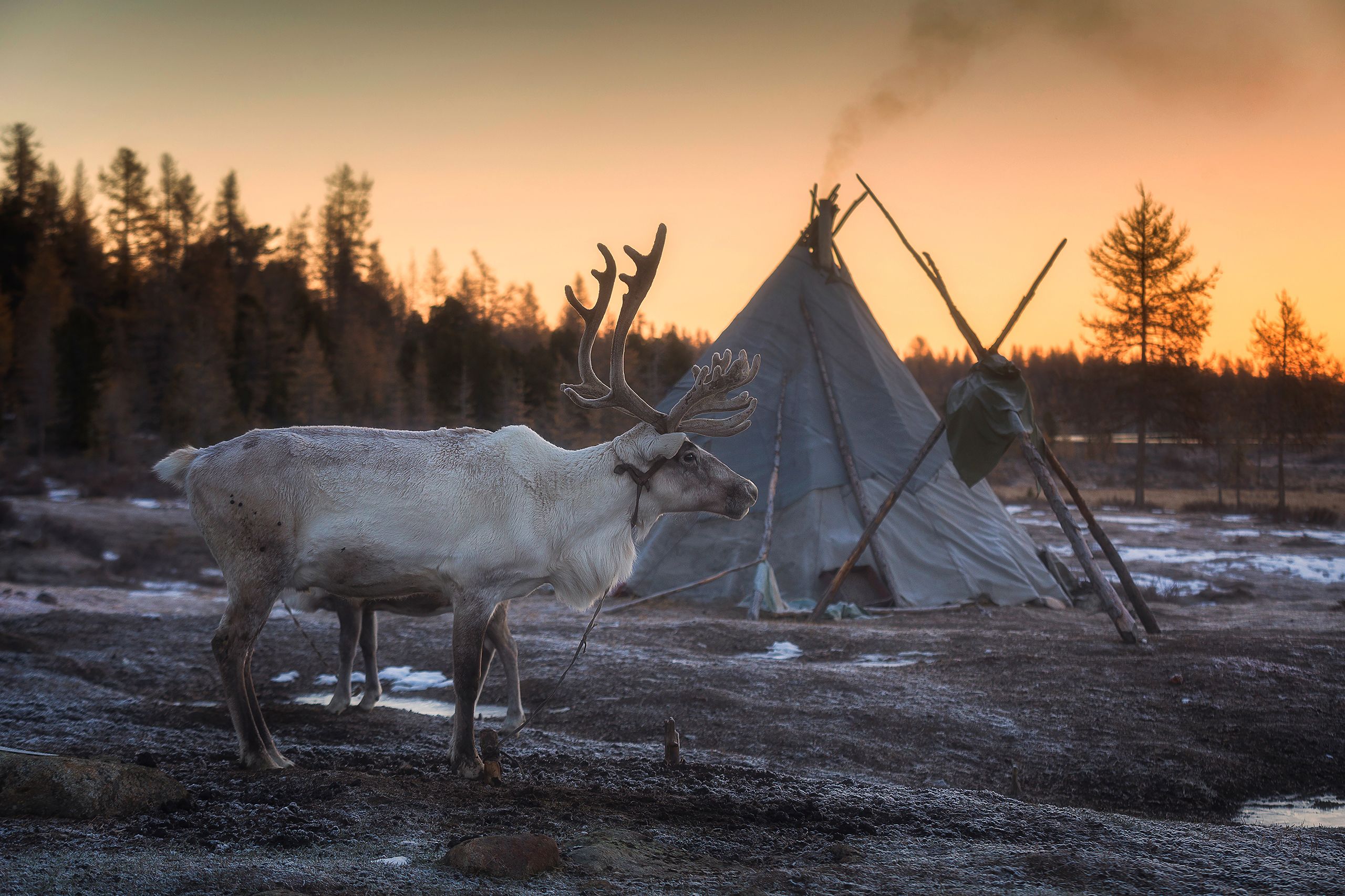
Fourth, our Green Growth Strategy aims to improve fresh water supply, combat desertification and expand our national forests. Under the Billion Tree initiative proposed by the President of Mongolia, we aim to increase our national forest coverage by nine per cent by 2030.
Fifth, our Urban and Rural Revival strategy aims to reduce urbanisation pressures in the capital and develop provinces as independent cities through improving public infrastructures and the creation of skilled jobs.
Sixth, our State Productivity Revival Policy aims to improve the efficiency of government through digitalising services, promoting innovation and outsourcing some public services to private companies.
This New Revival Policy clearly presents appealing opportunities to further develop Mongolia-UK trade and investment ties, building on the UK’s recent launch of the Developing Countries Trading Scheme.
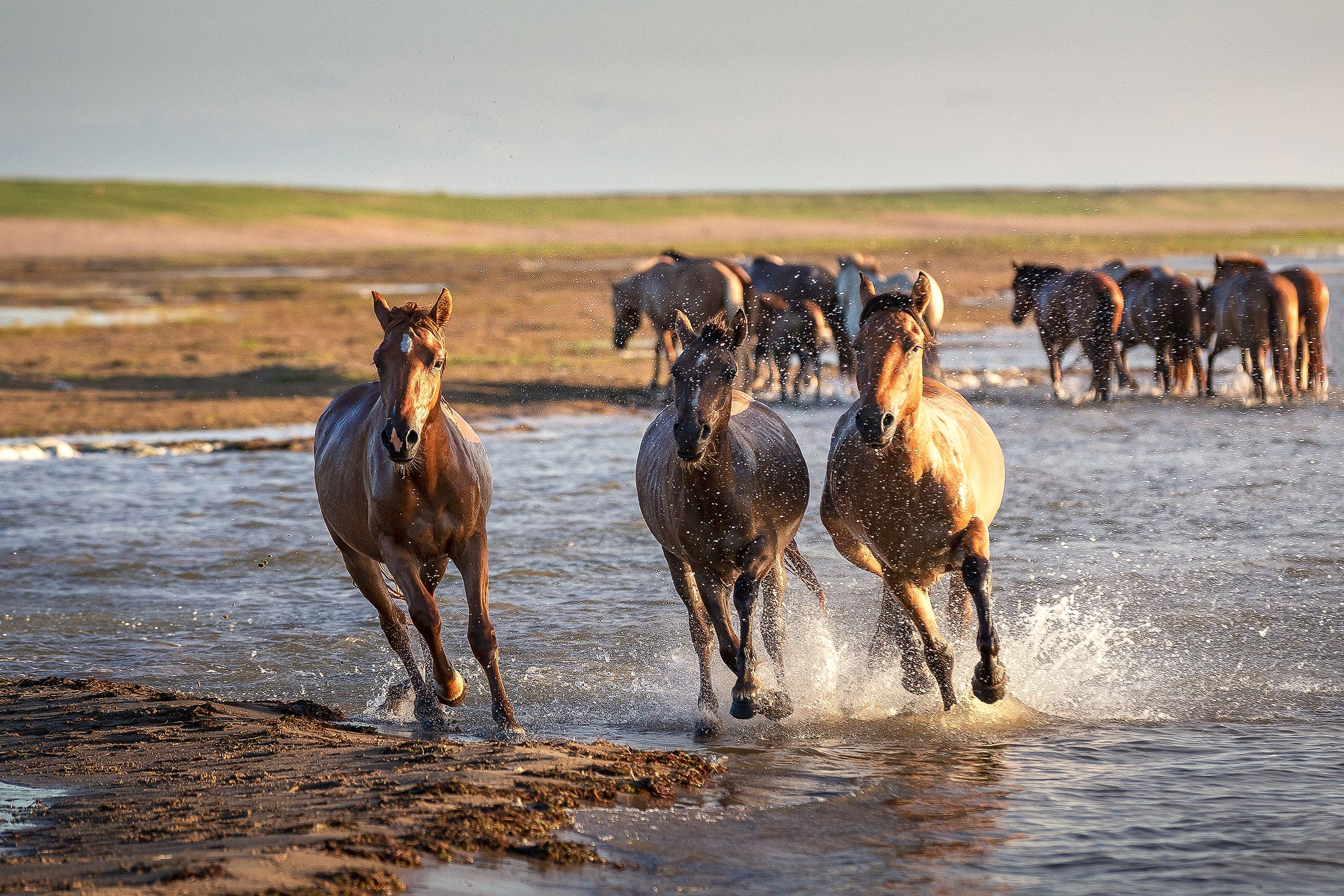
This New Revival Policy clearly presents appealing opportunities to further develop Mongolia-UK trade and investment ties, building on the UK’s recent launch of the Developing Countries Trading Scheme
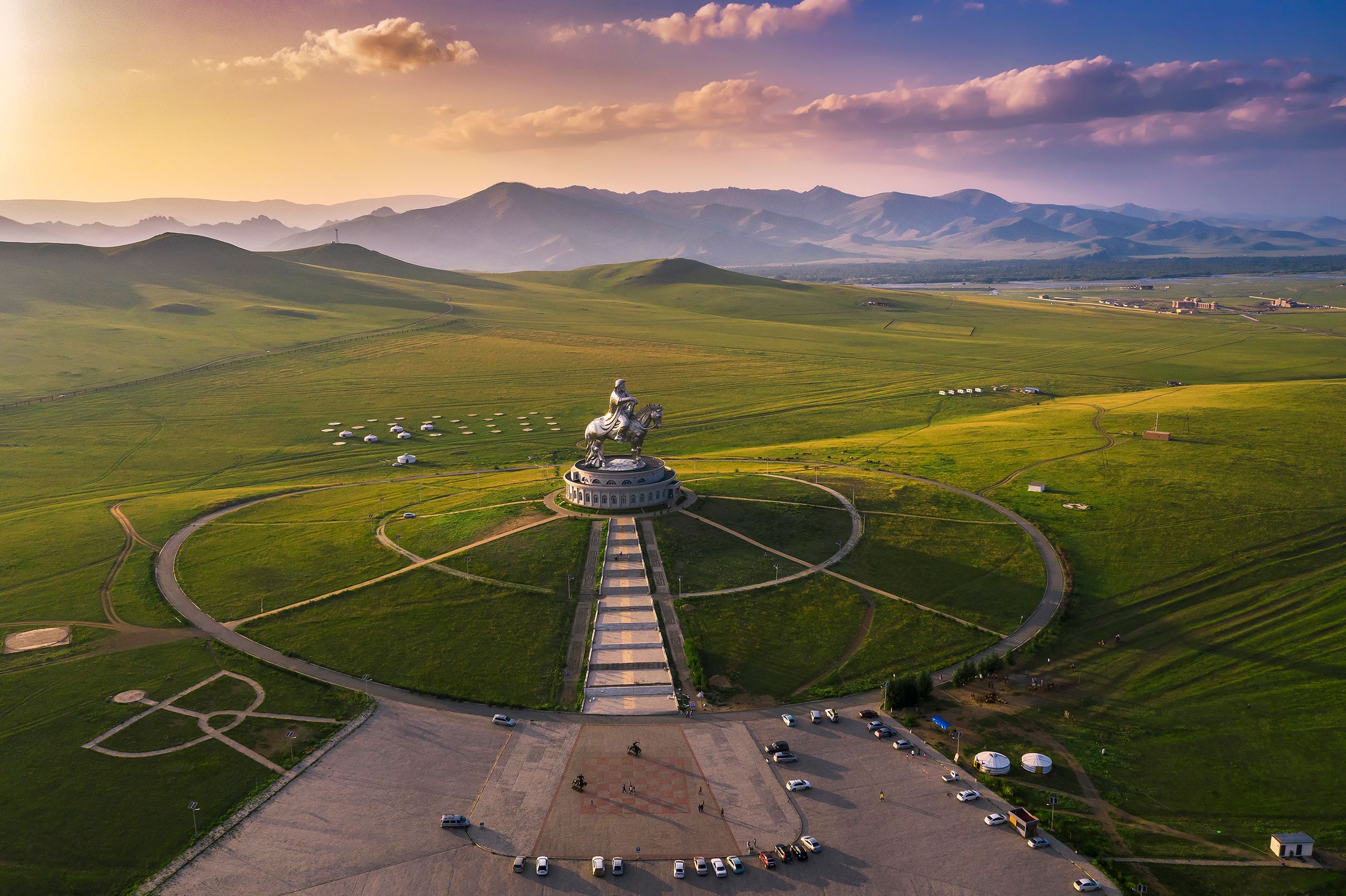
Specifically, the policy’s plan to expand Mongolia’s Free Economic Zones provide the UK with opportunities to invest in our new cities. For instance, Mongolia’s Parliament approved the creation of Khushig Valley Free Economic Zone this year, which is envisioned to be a green, resilient, efficient and inclusive satellite city around the New Ulaanbaatar International Airport.
We understand that the keys to implementing all these strategies successfully is to strengthen our democratic institutions, improve our legal environment and fight corruption. Furthermore, to improve the investment environment, Mongolia’s Parliament has just approved a new law on Public-Private Partnerships, and it is also formulating a law on Investment to tackle problems facing foreign investors.
Our government has also declared 2023-2025 as the ‘Years to Visit Mongolia.’ Accordingly, it has exempted visa requirements from the citizens of 34 countries, including the UK. So, British citizens can travel to Mongolia visa-free for up to 30 days from now on.
In summary, the commemoration of this 60th anniversary provides an opportunity to reflect on our past and present relations, while providing inspiration to move forward for the future. We are celebrating this special occasion with a view to further deepening our relations in all areas that mutually benefit both sides in the decades ahead.
Images Copyright: B. Erdenebulgan
On the auspicious occasion of the 60th anniversary of diplomatic relations between Mongolia and the UK, a Mongolian theatrical spectacle is coming to the London’s West End for the very first time. This epic Mongolian drama, The Mongol Khan, will be staged at the London Coliseum from 17 November to 2 December 2023. Mongolia’s Prime Minister Oyun-Erdene Luvsannamsrai said: “The very first time a Mongolian play has been presented to a European audience, The Mongol Khan offers audiences a unique insight into the mentality and philosophy of early eastern civilisations.” We highly encourage the diplomatic community in London to explore Mongolian culture through this theatrical production.
